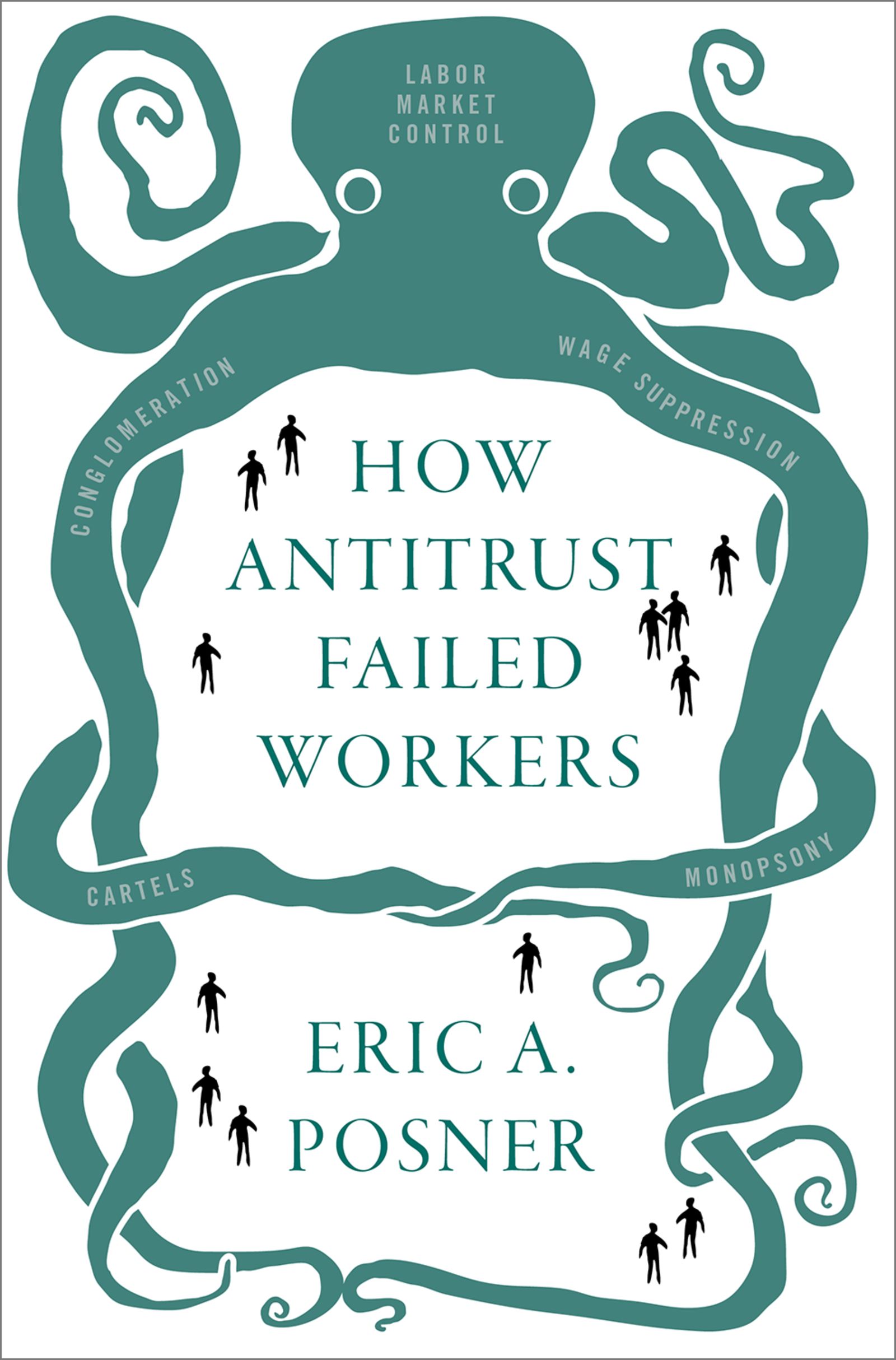Based on a unique comparative analysis of the education and work experiences of those who lived through the political and labour market changes of the transition to post-communism, the authors argue that, far from catching up with the rest of Germany, the social polarisations and erosion of the traditional ‘dual system’ of vocational education and training in Eastern Germany may portend the future for the West. The issues raised have considerable resonances with the problems and contradictions which have beset British education and training and labour market policy over the last decade.












